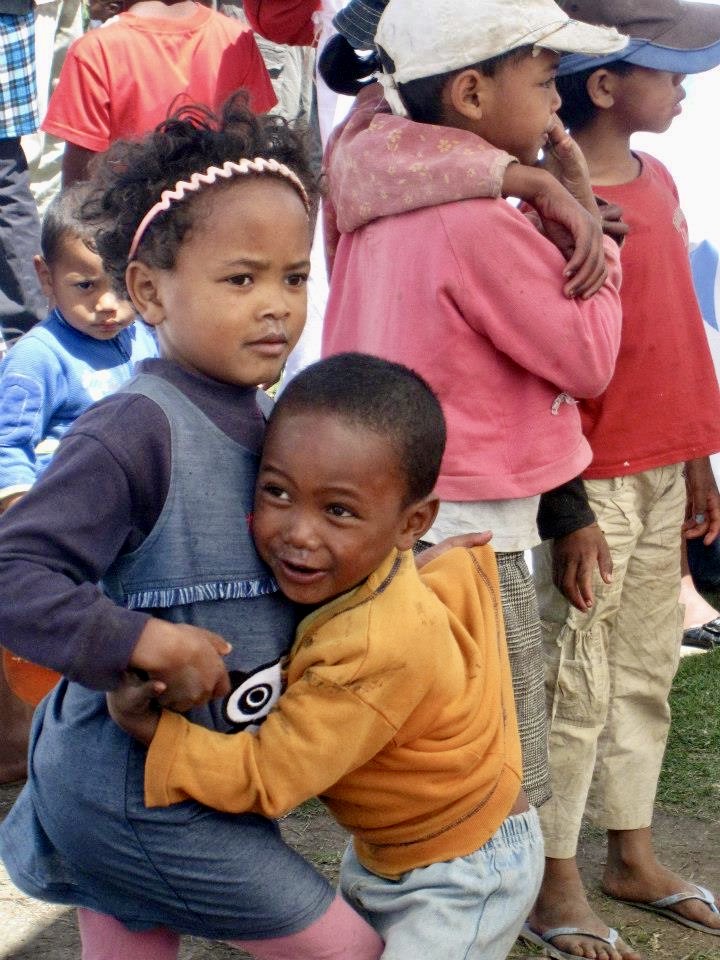Human Security Project for the Prevention of Violence and Vulnerability Reduction for the Most Vulnerable Inhabitants of Antananarivo, Madagascar
Duration: May 2011– April 2014
Budget: US$2,864,960
Implementing Agencies: UNICEF (lead), UN-Habitat, UNFPA, UNOCHA
Since 2009, the cumulative effect of frequent natural disasters, the global economic and food crises, and the extended political crisis has severely threatened the human security situation in Madagascar. At the same time, the relentless pace of urban migration has concentrated the country’s population in the capital, Antananarivo, where over 70 per cent of the population lives in informal settlements.
To improve the human security of the most vulnerable populations in Antananarivo, the programme seeks to: (i) establish community-based mechanisms and networks to empower communities to manage the reduction in economic, sanitary, environmental and personal securities; (ii) support the establishment of local instruments to prevent and reduce violence and reinforce personal security; (iii) improve living conditions through the improved delivery of basic social services and a more stable economic environment; and iv) anticipate the risks of future challenges through monitoring and preparedness at the city-level.
As a result, the programme provides concrete and sustainable benefits to the participating beneficiaries by lowering exposures to threats such as violence and illness; promoting a more peaceful and communal living environment; and enhancing business and employment opportunities.
KEY MATERIALS
Programme Summary
Lessons Learned Document (FR)

